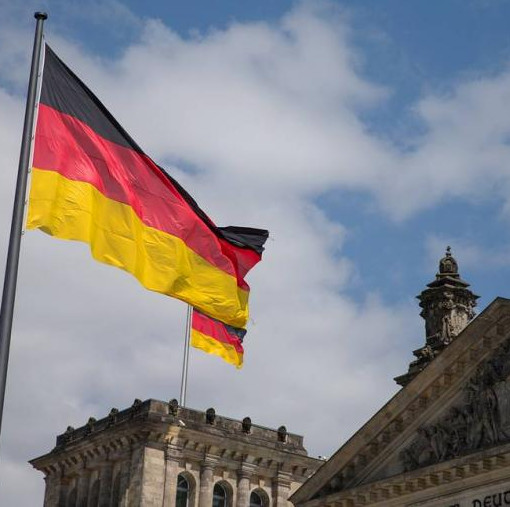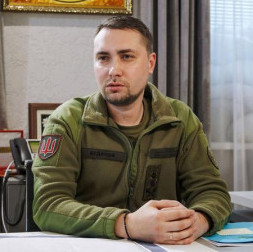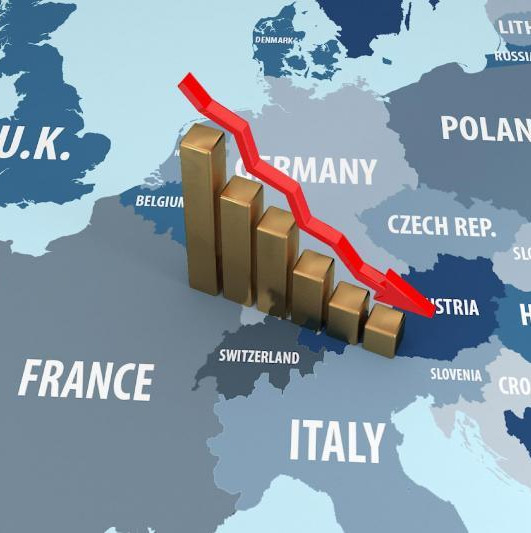In the statement by the Russian President it should pay attention primarily to this place: “... The main thing is that Europe does not need any new marking lines, it needs a single perimeter security.” And further, “I am convinced that today, this approach provides a unique opportunity for Russia and NATO to attain a true strategic partnership. Because friction and confrontation in our relationships can be replaced by principles of equality and indivisibility of security, trust and predictability,” said the Russian president.
In other words, Moscow would like to fundamentally change the confrontational structure in Europe, remaining from the Cold War, when NATO forces led by the United States were directed against the USSR. The situation, as is believed in the Kremlin, continues to this day, since the NATO forces are already on the borders of Russia, which was not under communism. Closer than Hitler was in 1941. And the Russian military, estimating the security of the country, prefer to consider the real state of affairs and use figures, but not the oaths of NATO leaders.
Moscow believes that 20 years later after the collapse of the Soviet Union, Russia has a right to lay a claim not on confrontation but on cooperation with the Western world. Including such a sensitive issue as countering the missile threat to Europe.
In this connection, Medvedev reminded that “a year ago at the summit of the NATO-Russia Council in Lisbon an initiative was put forward to create a joint European missile defense system on the principle of sectors, where each party is responsible for a particular sector. Moreover, we continued to make suggestions, we were ready for its further modification, taking into account the NATO partners’ opinions.
This idea was rejected by the United States. As far as it could be understood from the NATO arguments, it is not going to give for outsourcing the defense of its members. Formally, this may be correct and logical. But in fact, Washington (despite Russia’s direct aid in Afghanistan, solidarity approach to the Iranian issue, as well as Moscow’s consent to conclude an important for the USA Treaty on Strategic Offensive Reductions) has refused to consider Moscow as its partner in countering the missile threat.
But if the issue is not about partnership, Moscow has offered to negotiate on security assurances in this area, realizing that the American missile defense system in Europe could be used against Russia’s missile capability. At the same time, Moscow is not satisfied with political declarations such as “antiballistic missile defense is not against Russia.”
Medvedev notices: “Our colleagues, our partners should understand: these obligations can not be general, they can not be unsubstantiated. They should be formulated in such a way that Russia not by reference to promises or some assurances, but by objective, specifically military-technical criteria could judge how the United States’ and NATO’s actions in the area of missile defense are correlated with their declarations, what they are doing, whether our interests are affected, whether a strategic nuclear parity is broken. And this is the basis of modern security.”
Over the weekend, Obama and Medvedev met on the sidelines of the APEC summit in Honolulu. In all appearance, they stated again the mismatch between positions of the USA and Russia on missile defense. Washington – both the White House and the Capitol - emphasize that the Limitation of the American missile defense system is unacceptable in principle. This automatically cancels opportunities for cooperation with Russia also on issues of disarmament, as well as on other aspects of the global agenda. But it is half the trouble.
Medvedev has repeatedly warned that the creation of the American missile defense system on Russia’s borders can not but provoke a response from Moscow. In fact, a new arms race between Russia and the United States will be triggered, which once strangled the economy of the USSR, and now is clearly not in the interests of Washington, whose public debt is $15 trillion.
Nevertheless, Russia is forced to counter the emerging threat. The Russian president voiced in his speech the first concrete steps in this area. This is the coming operational of a radar locator of the missile warning system in Kaliningrad region. In addition, the president said that “the protection of objects of strategic nuclear forces will be reinforced.” And finally, strategic ballistic missiles, which come into operation, will be equipped with modern systems to overcome missile defense.
All these are measures to protect Russia’s strategic potential. They are not directed against targets in the USA or Europe. At the same time, Medvedev outlined a plan in case the creation of a missile defense system continues on Russia’s borders - up to withdrawal from the treaties on strategic disarmament.
However, the Russian president made it clear that he focuses not on confrontation and arms race, but on negotiations: “We are not closing the door neither for continuing the dialogue with the United States and NATO on missile defense, nor for practical cooperation in this field. We are ready for it.”










